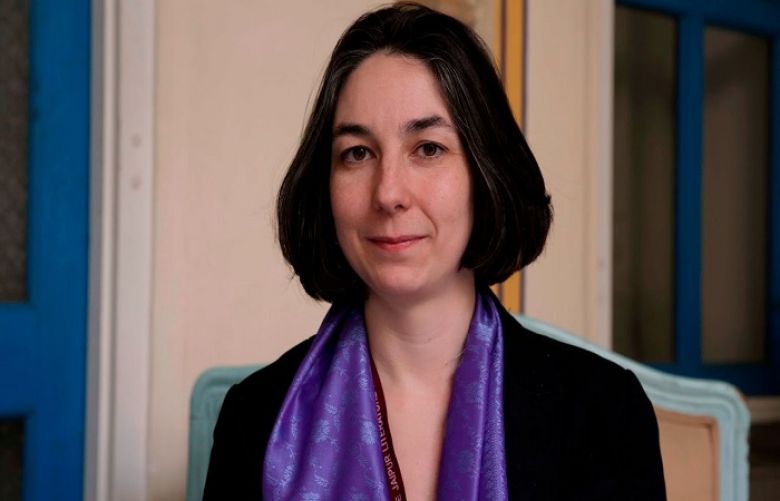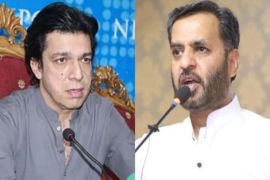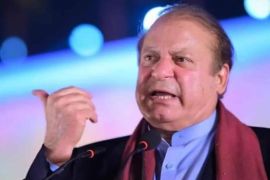Audrey Truschke, the author of the controversial book, Aurangzeb: The Man and the Myth, has become the latest victim of hatred from Hindu hardliners. Opening up about the post-book repercussions and backlash for the first time, Truschke expressed her grisly experiences on the social media.
“Most of the vitriolic messages and trolling are forgettable, but some of it is chilling. I still remember the first time somebody wished for my death on Twitter: The individual tweeted a picture of piled-up Holocaust victims at me along with the hope that another Hitler comes back and does the same to me. I am wearied, too, by the sexist language. I have been called a b***h, whore, and c**t more times than I can recall, because I dare to write on Aurangzeb, a 17th-century Indian king,” Truschke wrote in her blog.
The book, released in 2017, is a historical reassessment of the Mughal emperor Aurangzeb, one of the most prominent figures of seventeenth-century India. Aurangzeb’s historical legacy is widely contested—in public discourse, the Mughal emperor is often seen as a tyrannical Muslim fanatic, who ordered the destruction of Hindu places of worship. However, Truschke is among several scholars who insist that this depiction of Aurangzeb is both misleading and ahistorical. “The historical Aurangzeb fails to live up (or down) to his modern reputation as a Hindu-despising Islamist fanatic,” she said in a recent interview.
She said she is the target of daily, sometimes hourly, hate speech on social media. “I am regularly attacked on the basis of my gender, nationality, race, and perceived religion. I have even faced (so far, limited) calls to ban Aurangzeb and even to ban me from India.”
She said she is reminded daily on Twitter, many Indians sincerely believe that Aurangzeb was Hitler and ISIS rolled into one with a single objective: To eradicate Hindus and Hinduism.
“I explore the roots of the controversy over Aurangzeb, my role therein as a historian, and the harsh realities of producing historical analysis in a world where many privilege politically expedient falsehoods,” Truschke said adding that Aurangzeb is controversial not so much because of India’s past but rather because of India’s present.
“Twenty-first-century India is plagued by religious-based conflict, especially between Hindus and Muslims, India’s religious majority and its largest religious minority, respectively. As the minority, Indian Muslim communities are in the weaker position. They are often demonised as anti-national, less Indian than Hindus, and tend to bear the brunt of religious-based clashes in terms of the loss of human life and livelihood.”
She said that India lacks the freedom of speech protections of the United States. The Indian government bans books, on both federal and state levels.
“As unpleasant as personal insults can be, this abysmal level of discourse attests to how vital historians are today. One point on which I agree with my detractors is this: Aurangzeb matters in the modern world. My biography of India’s most despised king seeks to enliven the historical emperor – in all of his complexities and contradictions – and thereby enrich our grasp of the past and our ability to live in the present.”







